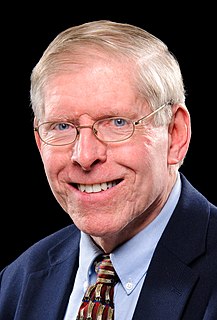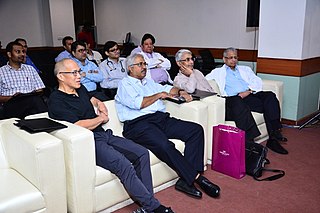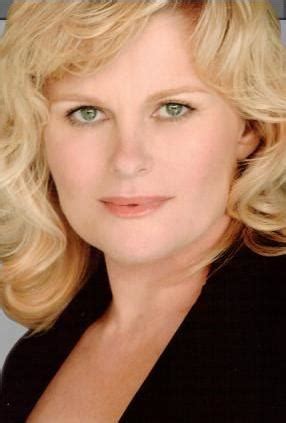A Quote by Dave deBronkart
I'm an e-patient: equipped, enabled, empowered, engaged. I'm no clinician, but I do everything in my power to help them, to play an active role in my own care, and even in the design of care.
Related Quotes
We know that every father has a personal responsibility to do right by their kids - to encourage them to turn off the video games and pick up a book; to teach them the difference between right and wrong; to show them through our own example the value in treating one another as we wish to be treated. And most of all, to play an active and engaged role in their lives.
Do you like him? Ty asked. "Not that I care." "I do," I said, because it was true. Even though it didn't matter anymore. "Not that I care you don't care. Though you clearly do care, and I don't care about that either." "Well, I don't care that you don't care that I don't care. In fact i'm glad. Because, um, if I were seeming someone that I liked, I'd want you to be happy for me.""Are you seeing someone?" I asked, pretty sure he wasn't. "Not that I care.
But the question is, do we care enough? Do we care enough to keep standing up for the country that we know is possible, even if it's hard, and even if it's politically uncomfortable? Do we care enough to sustain the passion and the pressure to make our communities safer and our country safer? Do we care enough to do everything we can to spare other families the pain that is felt here today?
Nurses have new and expanding roles. They are case managers, helping patients navigate the maze of health care choices and develop plans of care. They are patient educators who focus on preventative care in a multitude of settings outside hospitals. And they are leaders, always identifying ways for their practice to improve. Because nurses have the most direct patient care, they have much influence on serious treatment decisions. It is a very high stakes job. Everyone wants the best nurse for the job, and that equates to the best educated nurse.
Car prices play a large role in calculating PPPs even while they play no role whatsoever in the consumption or consumption needs of the poor. And the prices of rice, bread and beans play a small role in calculating PPPs even though they play a huge role in meeting the consumption needs of the poor. So the World Bank's method of comparing and converting everything at general purchasing power parities into US dollars is highly distorting within an exercise whose purpose it is to determine whether households are or are not capable of meeting their basic consumption needs.
The reality is that fulfillment, success and all of these good things comes from trying to help those that we care about to achieve those things. How can I help somebody I care about find the job they love? How can I help somebody I care about find happiness in their work? And when we commit to service it actually biologically and anthropologically is more likely to lead to our own success and our own happiness.



































